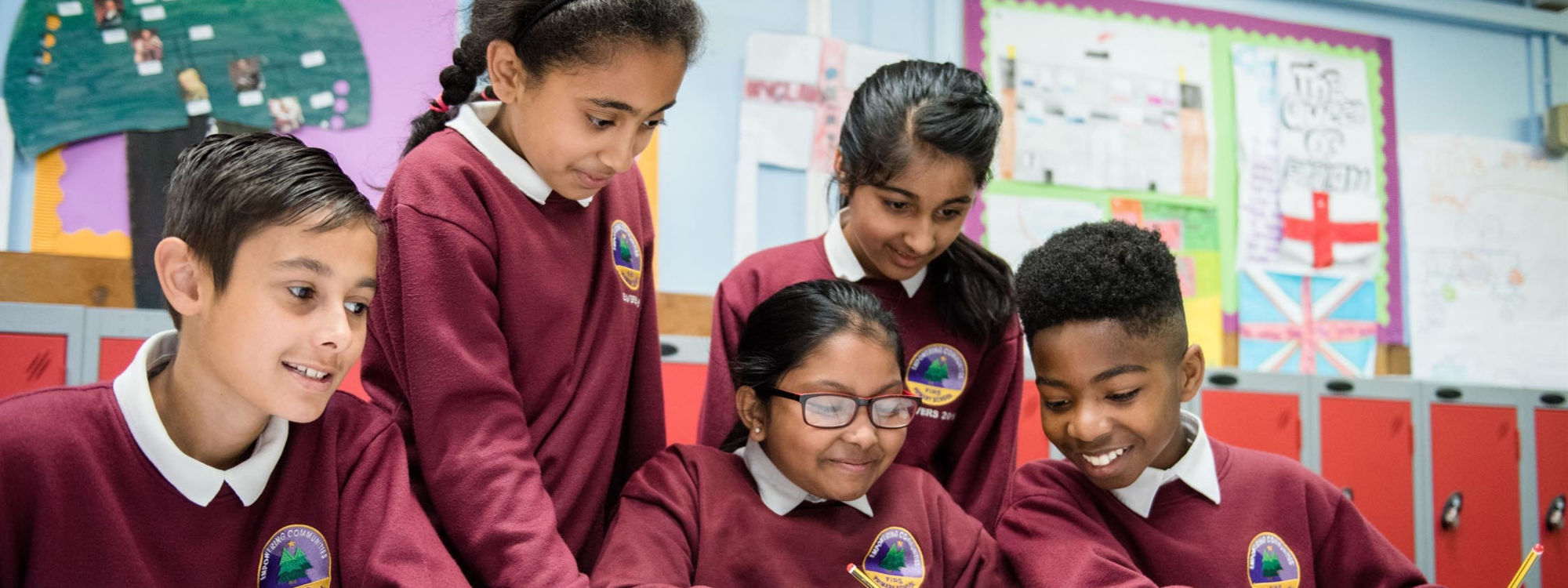- Home
- Curriculum
- Subject Information
- Computing
Computing
"Computing is not about computers anymore. It’s about living." – Nicholas Negroponte
At Firs Primary School, our computing curriculum is designed to empower pupils to navigate the digital world with creativity, confidence, and responsibility. Recognising that our children are digital natives, we deliver engaging, concept-driven lessons that build essential skills—from computational thinking and coding to digital safety and responsible online citizenship.
Intent
- Inspire Innovation: Equip pupils with a solid grasp of core computing concepts so they can creatively apply their knowledge in new and exciting ways.
- ​Build Digital Literacy: Foster a deep understanding of how technology works, while emphasising critical online safety and ethical digital citizenship.
-
Prepare for the Future: Develop problem-solving skills and a passion for computing that empower pupils to succeed in an ever-evolving digital landscape.
Implementation
-
Concept-Driven Learning: Our lessons lead with ideas—using frameworks like PRIMM and concept maps to break down abstract computing concepts into manageable, real-world examples.
-
Hands-On, Engaging Activities: Through the Purple Mash scheme, pupils read, explore, and create digital projects. Our up-to-date laptops and iPads make learning interactive and exciting.
-
Collaborative and Practical Approaches: Pair programming, live coding, and project-based tasks encourage teamwork and allow pupils to learn by doing. Digital safety is taught as an integral part of our computing lessons (complemented by PHSE), ensuring pupils use technology responsible.
Impact
-
Confidence and Creativity: Pupils develop a genuine love for computing and gain the confidence to experiment, create, and innovate.
-
Lifelong Digital Skills: Regular formative assessments and hands-on activities ensure pupils master key concepts, equipping them with skills that extend far beyond the classroom.
-
Responsible Digital Citizens: With a strong focus on online safety and ethical practices, our pupils are well-prepared to navigate the digital world securely and respectfully.
-
Future-Ready Learners: Our holistic, concept-led approach nurtures curiosity and critical thinking, empowering pupils to become the innovators and leaders of tomorrow.
At Firs Primary School, computing isn’t just a subject—it’s a gateway to understanding, creativity, and a future where every child can thrive in our digital society.

